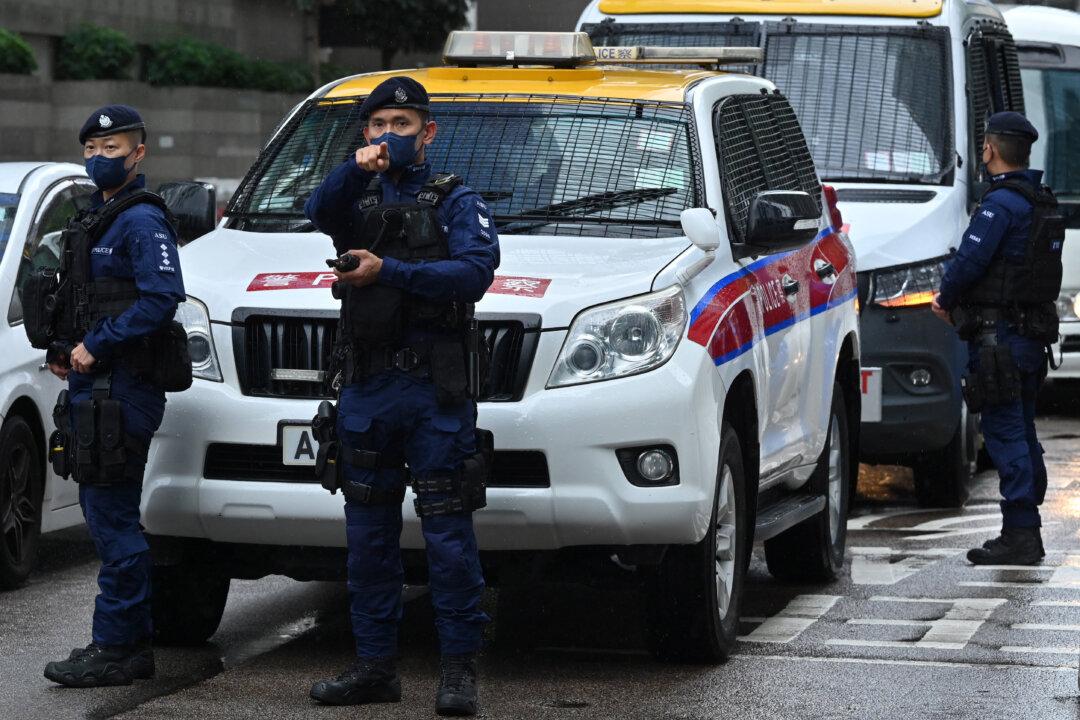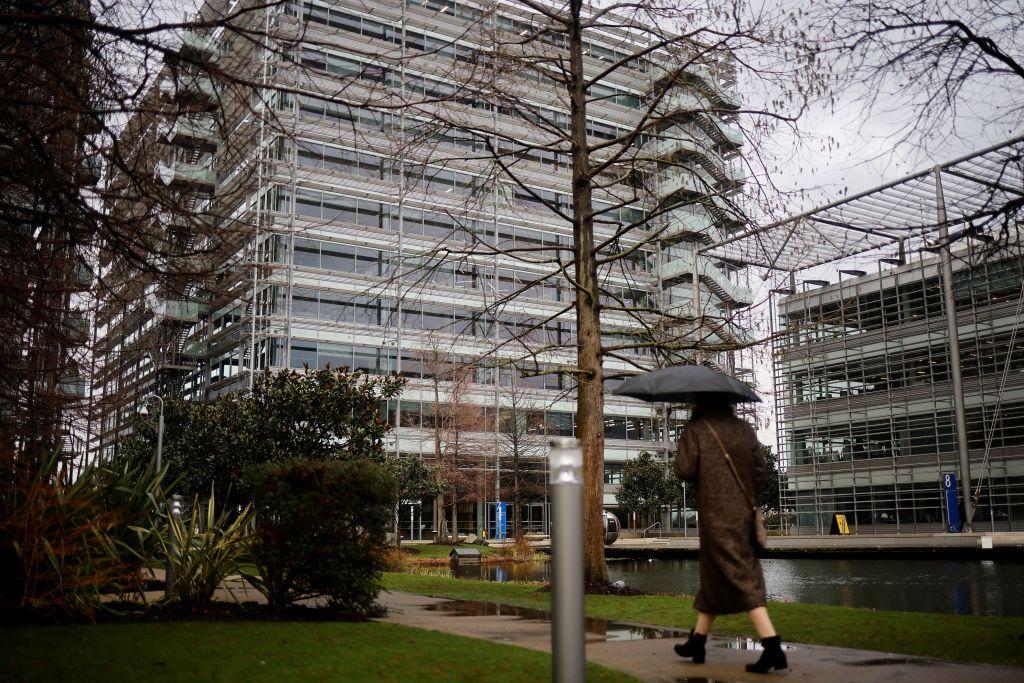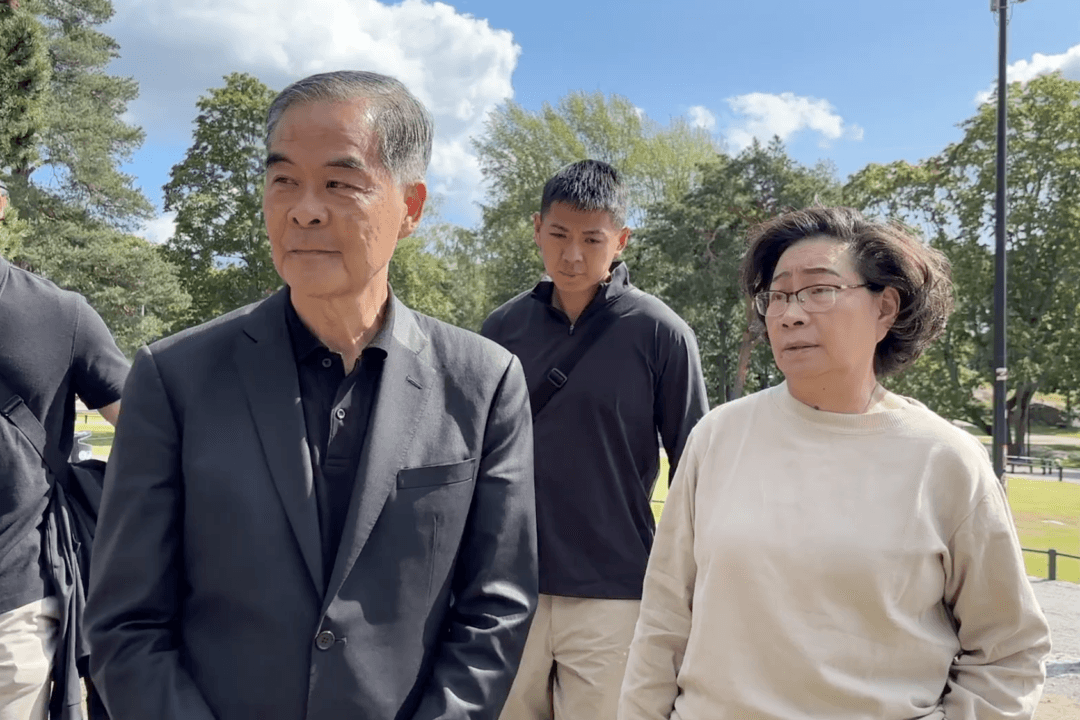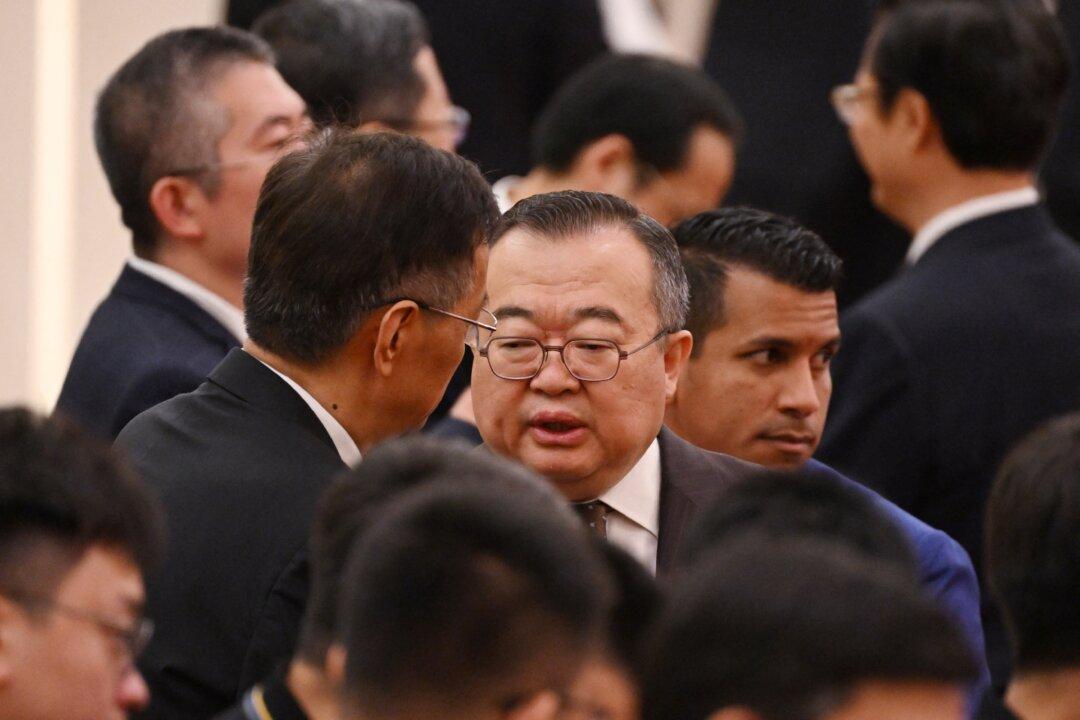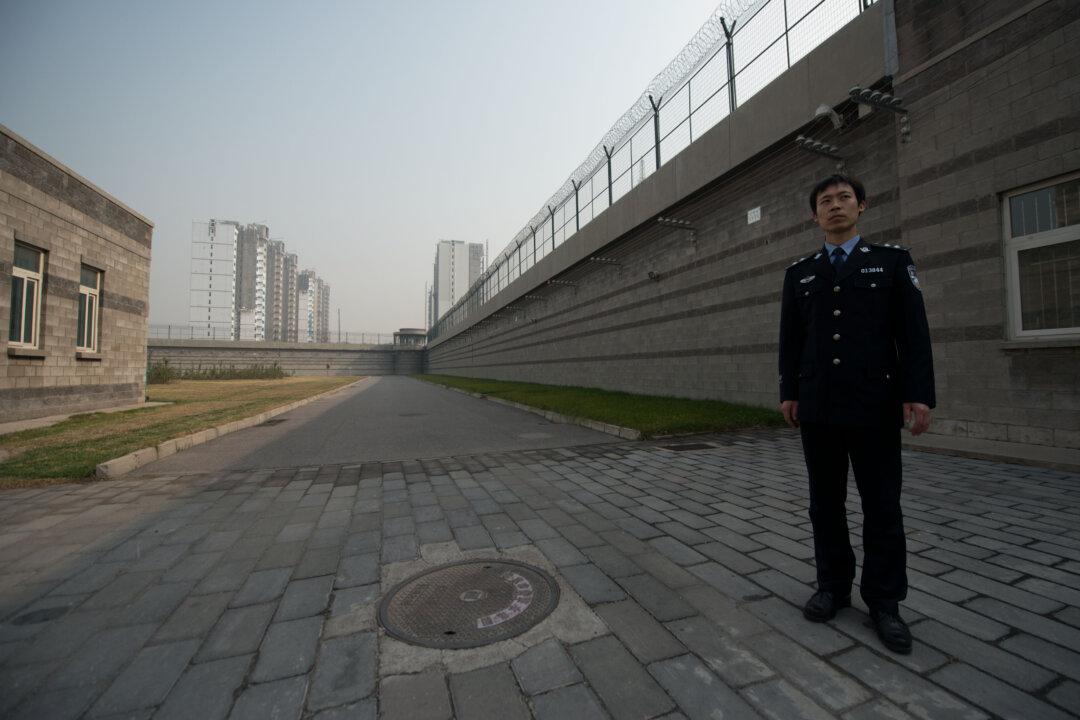Commentary
Hong Kong’s national security police issued charges against a Canadian citizen and critic of the Chinese Communist Party, for subversion, under the National Security Law (NSL). It has also issued similar charges against two U.S. residents. Their crimes: political organizing (though entirely legal) outside of Hong Kong and China—in Canada and the United States, respectively—to be exact. With this, Hong Kong police show, once and for all, the true extraterritoriality concept behind the law passed in 2020.
